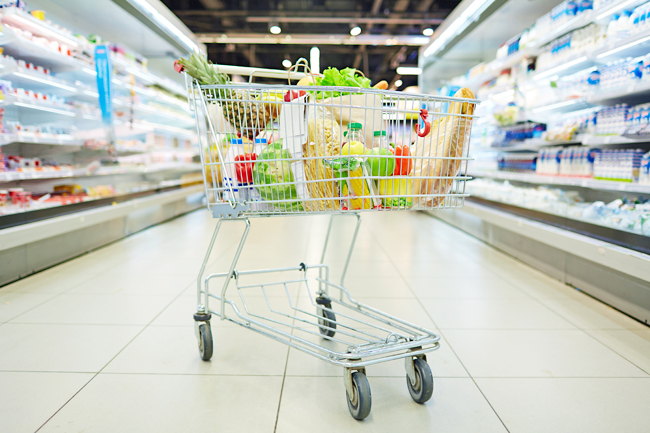AFP – Seeking to tame public anger over soaring inflation, Hungarian Prime Minister Viktor Orban imposed price controls on basic food items sold in supermarkets, renewing his fight against multinational companies.
Economists said the measure may bring short-term relief to consumers, but it provides little help to many in rural areas who live far from bigger towns where large retailers are located.
“Small stores are not affected, only big multinationals, and we don’t go there,” said retiree Erzsebet Risztics, 68, who lives in Tiszaroff, a village in one of the Central European country’s poorest regions.
Risztics, who has diabetes, can also no longer afford low-sugar food items she needs “because they’ve gotten terribly expensive”, and sparse bus services keep her from shopping in surrounding towns.
Another retiree, 80-year-old Erzsebet Forgo, said: “It hurts that the village is left out” of the price controls.
Inflation has roared back in Hungary, reaching 5.7 per cent in February, the highest level in the 27-nation European Union (EU).
By comparison, consumer prices rose by 2.7 per cent on average across the EU.
In mid-March, Orban, who faces elections next year, introduced a measure capping supermarket markups on 30 basic food items at 10 per cent above wholesale costs.
The measure – which includes foods such as eggs, milk, and meats – exempts retailers with smaller annual revenues, de facto sparing local grocers. Shortly after the measures went into effect, Orban accused foreign retailers of “plundering Hungarians” with their “excessive and unjustified price rises”.
Alleging margins of 42 per cent on chicken wings or 70 per cent on yogurts, Orban said the “emergency intervention” was designed to rein in retailers which “only care about profit”.
Since his return to power in 2010, the nationalist leader repeatedly railed against large international retail chains that began flourishing after the fall of Communism, sidelining less-competitive Hungarian grocers.
In recent years, the Hungarian state has rolled out measures penalising multinational companies, while pouring taxpayers’ money into economic sectors like banking and telecoms.
Some of those sizeable domestic firms were subsequently sold to people close to Orban.
But with big European chains such as SPAR, Lidl and Tesco dominating Hungary’s retail sector, the government resorted to introducing protectionist measures, including a tax on superprofits as well as temporary price caps.
Last year, Austrian supermarket chain SPAR accused the Hungarian government of discriminating against foreign companies, with an EU top court ruling in its favour in a separate case. The Hungarian Trade Association, which represents many of the country’s top retailers, rejected the government’s accusations of profiteering.
The group said profits have been dwindling or turned into losses, with multinationals having to pay a sales tax, unlike their smaller Hungarian rivals.



